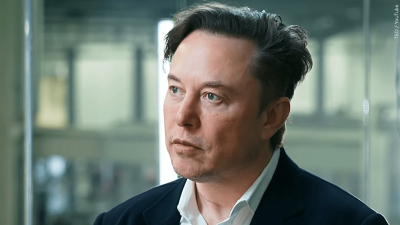Claims of Antitrust Violations and Monopoly Allegations in Generative AI Market

Elon Musk has intensified his legal battle against OpenAI, the maker of ChatGPT, by expanding his lawsuit to include federal antitrust claims and naming OpenAI’s largest financial backer, Microsoft, as a defendant. The amended complaint, filed Thursday in federal court in Oakland, California, alleges that OpenAI and Microsoft conspired to monopolize the generative artificial intelligence market and stifle competition.
The lawsuit accuses OpenAI and its CEO, Samuel Altman, of prioritizing profit over their initial commitment to the public good, in violation of contract provisions. Musk, who co-founded OpenAI in 2015, but later parted ways with the organization, claims the company has strayed far from its original mission as a nonprofit.
“Never before has a corporation gone from tax-exempt charity to a $157bn for-profit, market-paralyzing gorgon – and in just eight years,” the complaint reads. Musk is seeking to void OpenAI’s licensing agreement with Microsoft and to force the companies to forfeit what he calls “ill-gotten” gains.
Allegations of Antitrust Violations
The lawsuit also accuses OpenAI and Microsoft of violating antitrust laws by making exclusive investment agreements that discouraged partnerships with competitors. Musk alleges their licensing arrangement is tantamount to a merger that bypassed regulatory scrutiny.
In response, OpenAI called the new claims “even more baseless and overreaching than the previous ones.” Microsoft has declined to comment on the lawsuit. Musk’s attorney, Marc Toberoff, stated, “Microsoft’s anticompetitive practices have escalated. Sunlight is the best disinfectant.”
A Long-Simmering Feud
Musk has been a vocal critic of OpenAI since his departure, alleging that the company has abandoned its original principles. He has also accused the organization of seeking profit at the expense of ethical AI development, fueled by billions of dollars in investment from Microsoft.
In a separate court filing last month, OpenAI claimed Musk’s lawsuit is part of a broader campaign to harass the company for his own competitive gain. The filing described Musk’s actions as an “increasingly blusterous campaign.”
Political and Industry Implications
The expanded lawsuit comes as Musk gains influence in political circles, having been appointed by Donald Trump to a government efficiency role following his financial contributions to Trump’s campaign. Musk’s legal challenge could have significant ramifications for the rapidly evolving generative AI sector, with broader implications for regulatory oversight and market competition.





Comments are closed.